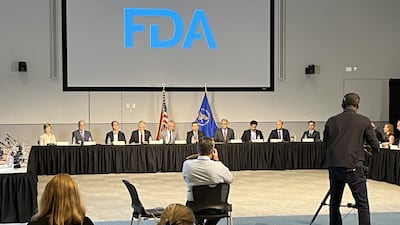FDA needs to create a system to track its use of dietary supplement adverse event reports to prompt consumer protection actions to provide clear direction for its future use of the data, the Government Accountability Office finds.
GAO arrived at five recommendations in its March 18 report on FDA’s use of AERs in overseeing dietary...



